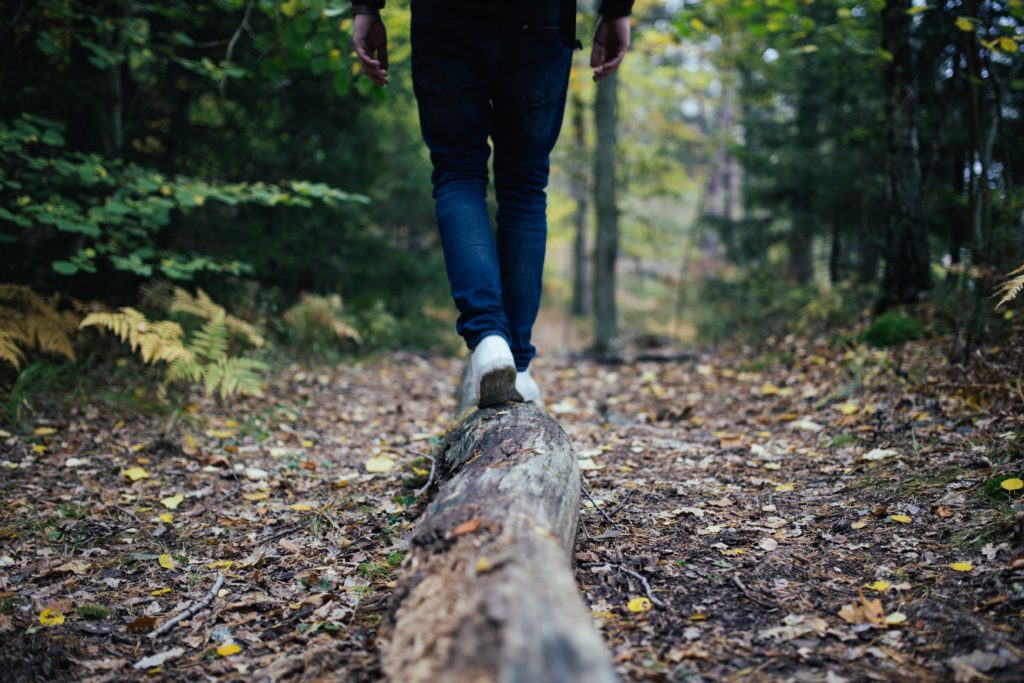
I spent last year serving as a volunteer in the Jesuit Volunteer Corps in Sacramento, California. In addition to working at a homeless services nonprofit called Loaves and Fishes, I lived in community with five other women and lived “simply” off of a food and fun budget of $190 per person per month. Our budget certainly had its challenges. There would be monthly arguments in the grocery store debating the merits of the “fancy cheese” over the “bargain cheese,” or Friday night frustrations about not having enough money for more than a happy hour that weekend. The intent of this lifestyle was to foster a sense of solidarity with those we served in our placements, while also building up our own community. We found that a less cluttered budget, and in return, a less cluttered schedule, meant less cluttered minds, which gave us all space to get to know each other without the distractions that overindulgence provides.
In a world that is suffocated by an obsession with “stuff,” a dedication to living simply can be pretty counter-cultural in practice. But by prioritizing people and experiences over purchases and things, we can go against the very nature of what our society has been built up to be. The six of us all exited our community with different plans for how to sustain the practice of living simply as we moved on to graduate schools and salaried jobs in cities around the country. I would be lying if I said it hasn’t been a challenge for me to be intentional with my budget now that I receive a paycheck and am regularly tempted to spend my free evenings at happy hours or go to concerts regularly. However, I have found a few ways to sustain this practice outside of the context of structured community living.
Think of simple living as the “freedom to”
I’ve tried to frame living simply as less of a “restriction from” (such as not being able to buy the goat cheese or having to cut out that extra coffee) and more of a “freedom to” — a freedom to spend more time with others without the pressure of activities that cost copious amounts of money. I’ve tried to make conscious choices to spend more time with those I love as opposed to throwing away money on purchases and experiences that are solely for myself. I’ve had more freedom to spend time volunteering, digging into the pile of books that’s been growing on my shelf, and re-igniting my yoga practice and other activities that fuel my body and mind.
Get outside…it’s free!
My community in Sacramento saw our tight budget as an invitation to get outside and relish in the beauty of the outdoors whenever possible. Weekend hikes and beach trips were basically free, and we used these as opportunities to bond as a community, instead of spending our Sunday mornings at brunch.
Value your time
When I’m overwhelmed with the desire to spend money, a trip to a local park or spending a whole day reading and journaling at a coffee shop helps me spend some quality time with myself and my friends. When my schedule is less jam-packed and I’m less focused on “being busy,” I can actually spend undistracted time with myself and those who are close to me. This intentionality with my time has allowed me to slow down, and live in a way that feels sustainable and more focused on people.
I feel much more authentically myself when I can connect deeply to others without the distractions of money, stuff, an intentionally busy schedule, or the dreaded “FOMO.” By embracing simplicity in time, budget, and mind, I’m able to live out my values and connect more deeply with people and the world around me.
Originally published on June 29, 2017.